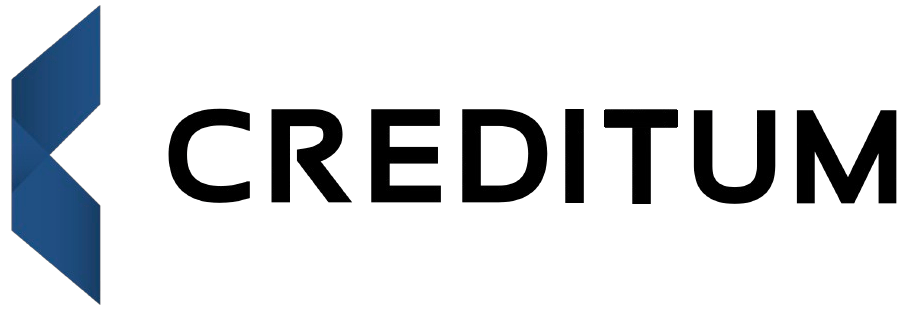Asset-based Loans
- No impact on your credit score when
you compare - Get offers in seconds
- Loan offers are non-binding

Asset-based loans are a type of financing where borrowers use their assets as collateral. In South Africa, this can be an effective way to secure funding, especially for businesses looking to grow without relying solely on cash flow. Assets like property, equipment, or inventory can back these loans, providing lenders with security and borrowers with potentially more accessible credit options. These loans are particularly relevant in the South African context, where traditional lending might be more limited. By leveraging existing assets, businesses can unlock another path to financial opportunities and growth.
How asset-based loans work
Asset-based loans offer a way to secure funding by using your assets, like property or equipment, as collateral. Unlike traditional loans, which rely on your overall credit score or history, these loans focus on the value of your assets. This means that even if your credit record isn’t perfect, you can still access funds. The lender will assess the worth of your assets to determine how much they can lend you.
After assessing your assets, the lender provides you’ve agreed upon funds, depending on the asset’s value. You then repay the loan over time, often with interest. If you fail to repay, the lender has the right to seize the collateral asset. This is why it’s crucial to ensure you can meet the repayment terms. The risk is higher, but so is the flexibility, giving businesses a chance to secure financing when other options might not be available.
Benefits of asset-based loans
Asset-based loans offer several unique advantages that can be especially useful in South Africa. They provide flexibility, allowing businesses to access funds based on the value of their assets. This means even if traditional credit is hard to secure, asset-based loans can be an option. Moreover, they often come with the potential for lower interest rates compared to unsecured loans, making them a cost-effective choice. Here’s a quick list of benefits:
- Quick access to capital
- Improved liquidity
- Potential for lower interest rates
- Flexible repayment options
Eligibility criteria
Asset-based loans offer financing options to those who have valuable assets they can use as collateral. Typically, businesses with inventory, machinery, or accounts receivable may qualify. The requirement is simple: the assets must hold enough value to secure the loan. While this type of loan is more common among businesses, individuals with property or high-value items might also consider this option if they need significant funding.
Common requirements include having clear documentation of the asset’s value and ownership. Lenders usually seek assurance that the asset can be converted into cash if needed. Maintaining a good business credit score can further strengthen your application, though it might not be as crucial as it is with other loan types. It’s important for applicants to provide detailed information about the asset and its market value to facilitate the approval process.
Common assets used in loans
In asset-based loans, lenders often require collateral to secure the loan. Typical assets used as collateral include:
- Real estate properties, such as homes or commercial buildings
- Vehicles, including cars and trucks
- Business equipment and machinery
- Inventory from a company or store
- Accounts receivable, representing money owed to a business
Each of these assets has its own value and risk level, influencing the terms and conditions of the loan. Understanding these can help in making informed financial decisions.
Risks involved
Asset-based loans can be attractive for businesses in need of quick financing, but they come with certain drawbacks. One potential risk is the possibility of losing the asset if the loan terms are not met. Lenders hold a lien over the asset, which means if repayments are missed, the lender can seize it. This can be particularly concerning for businesses that rely heavily on the pledged asset for operations.
Another issue is the costs associated with these loans. Asset-based loans often come with higher interest rates and fees compared to traditional financing. Additionally, valuations and ongoing assessments of the asset can incur further expenses. Before opting for this type of financing, businesses should carefully consider these potential risks against their financial stability and future growth plans.
Misconceptions about asset-based loans
Many believe asset-based loans are only for companies in financial trouble, but that’s not always the case. These loans can also be used by strong businesses to unlock working capital and support growth. Traditional lending depends heavily on credit score, while asset-based loans focus on the value of assets. This makes them a practical choice for businesses with valuable assets but fluctuating cash flow. Understanding this can lead to more informed financial choices and reveal opportunities for businesses looking to expand efficiently.
Applying for an asset-based loan
Applying for an asset-based loan in South Africa involves a few straightforward steps. First, it’s essential to identify the asset you plan to use as collateral. This could range from property, machinery, to inventory. The lender will assess the value of your asset to determine the loan amount. It’s important to ensure that your asset is easily convertible to cash, as lenders prefer assets they can quickly sell if needed.
Next, gather all necessary documents. Applicants should prepare proof of ownership for the asset, financial statements, and records of the asset’s value. Good organization of these documents can speed up the process. Lenders will also review your credit history and financial stability, so having recent financial information ready is crucial.
Finally, approach a trusted lender. Once you submit your application with the required documents, the lender evaluates your eligibility. If everything aligns, they’ll propose terms. Understanding these terms fully is vital before signing. Throughout the process, make sure to ask any questions you may have. Clarity can lead to better financial decisions and smooth processing.
